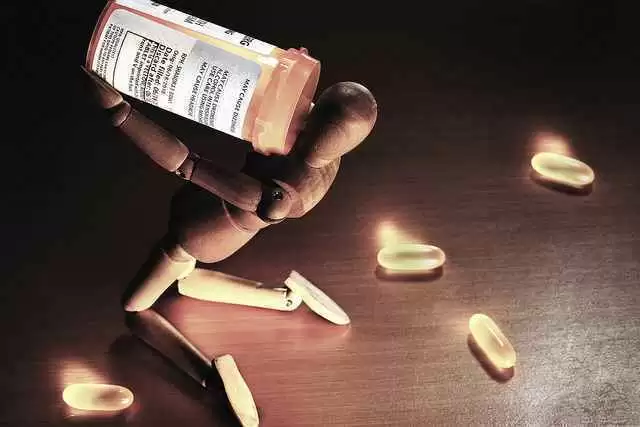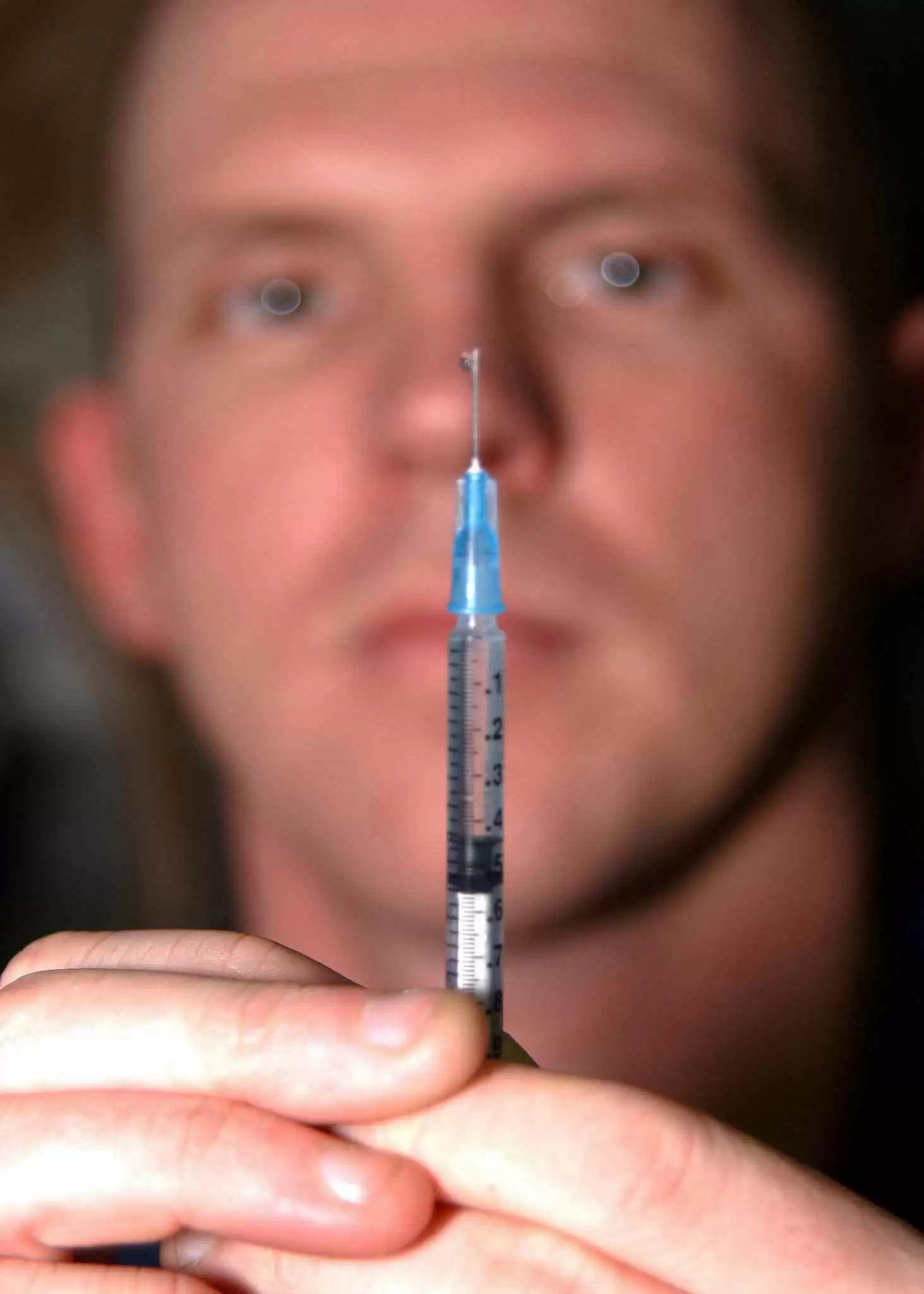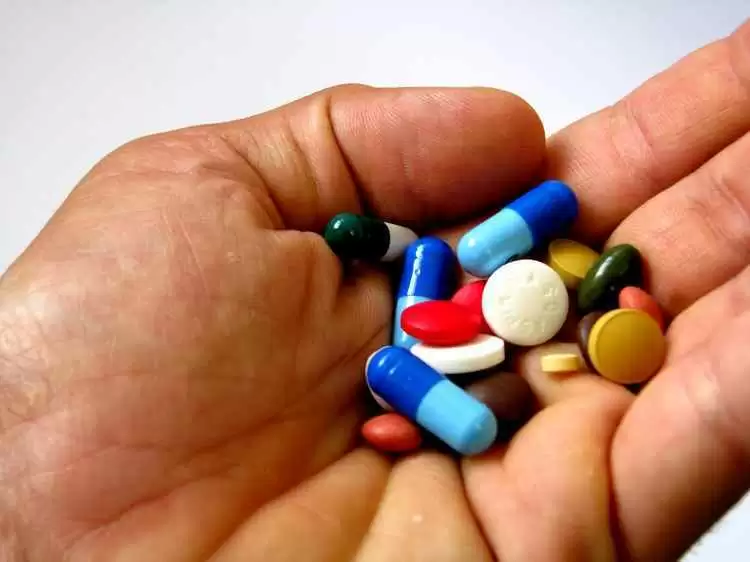
Celiac.com 06/23/2017 - Dr. Alessio Fasano from the University of Maryland's Celiac Research Center published a paper in Clinical and Developmental Immunology last month. It focused on a new drug developed by Dr. Fasano that has shown promising results in both animal and human trials. But is this the 'magic pill' that will cure celiac disease and gluten sensitivity? Let's take a look.
The new drug, formerly called AT1001 but now renamed Larazotide Acetate, is a zonulin inhibitor. For those who have never heard the word 'zonulin', you might think it's a term from a science fiction movie. But zonulin is the protein that causes the 'gates' or openings between the cells making up the lining of the small intestine to open and close. These openings are called tight junctions and when zonulin gets excessive, a leaky gut ensues.
Celiac.com Sponsor (A12):
Dr. Fasano has made great inroads to prove that a leaky gut is a problem that must be handled with gluten intolerance. The leaky gut perpetuates gluten's negative impact on other parts of the body. It can also initiate autoimmune disease.
One key point to keep in mind is that 'leaky gut' occurs because molecules can pass between cells when they shouldn't. In addition, molecules can pass through cells which they also shouldn't. Unfortunately this new drug only impacts the former, not the latter.
So, the drug Larazotide Acetate is a zonulin inhibitor. Now that we've reviewed what zonulin does as regards opening the gates, the purpose of inhibiting its action should make sense. How well does it work? In the recent human trials that were double-blind, randomized placebo-controlled (the best type of study, but I would expect no less from the stellar Dr. Fasano), a gluten exposure created a 70% increase in intestinal permeability (leaky gut) in 57% of the placebo group but only 28.6% of the patients receiving the drug (4 out of 14 patients) experienced such increased permeability.
Further, gastrointestinal symptoms were significantly more frequent among patients of the placebo group as compared to the group that received the Larazotide.
A pro-inflammatory substance known as interferon gamma was also evaluated. This is manufactured by the body when a specific foreign/toxic agent is recognized by the body's immune system. As expected, levels of interferon gamma increased in 4 out of 7 of the placebo patients (57%) but only 4 out of 14 larazotide patients (28.6%) saw any increase.
The good news is that this drug seems well tolerated and it does reduce the leaky gut response that gluten ingestion normally creates. Further, it also reduces the percentage, by about half, of the production of interferon gamma. These are all excellent results.
But, and it's unfortunately a very big 'but', we have a very long way to go before such a drug would be useful for your typical celiac or gluten sensitive patient. Will Dr. Fasano and his team be able to tweak this drug such that it functions at a higher level of efficacy? I certainly hope so, but let's analyze exactly what this drug does in its present state:
- The drug still resulted in almost 30% of the patients experiencing a 70% increase in permeability (leaky gut) – Not good.
A highly pro-inflammatory (this means that it creates degenerative disease) substance known as interferon gamma was also produced in nearly 30% of the drug-consuming patients tested – Not good.
Leakiness, or the passage of negative substances through cells is not affected by this drug – Not good.
Of course on the plus side, over 70% of those tested DID have a very good result with apparently no untoward side effects – Very good.
At what point is the efficacy high enough that you'd be willing to subject yourself to a possible reaction? Do realize that any gluten ingested increases your chance of disease, chief amongst them cancer and autoimmune disease. Is there a level of function of the drug that you would chance taking it? Is it 90%, 99%? Does any drug ever get that good?
Well, as a big fan of Dr. Fasano's, I would say that if anyone can do it, he and his team can. But at the same time, I cannot help but think of all the other drugs I have encountered. As 'wonderful' as they sometimes seem initially, they almost always fall from grace when some horrible side effect is realized.
Would I guinea pig my own health that I've fought so hard to regain? Would I recommend taking such a chance to my children just so that they could consume some white flour product? I don't think so.
How about you? What do you think? If the drug were available right now at its efficacy of 71%, would you take it and hope you weren't in the 29% for whom it didn't work? I'd love to hear your thoughts.
If you are wondering if you're gluten intolerant or know that you are but still aren't enjoying good health, consider calling us for a free health analysis: 408-733-0400. We are here to help! Our destination clinic sees patients from across the country and internationally so you do not need to live locally to receive assistance.
To your good health!
Reference:
- Alessio Fasano, Clinical and Developmental Immunology, Published online 2012 October 10. "Novel Therapeutic/Integrative Approaches for Celiac Disease and Dermatitis Herpetiformis."










Recommended Comments
Create an account or sign in to comment
You need to be a member in order to leave a comment
Create an account
Sign up for a new account in our community. It's easy!
Register a new accountSign in
Already have an account? Sign in here.
Sign In Now